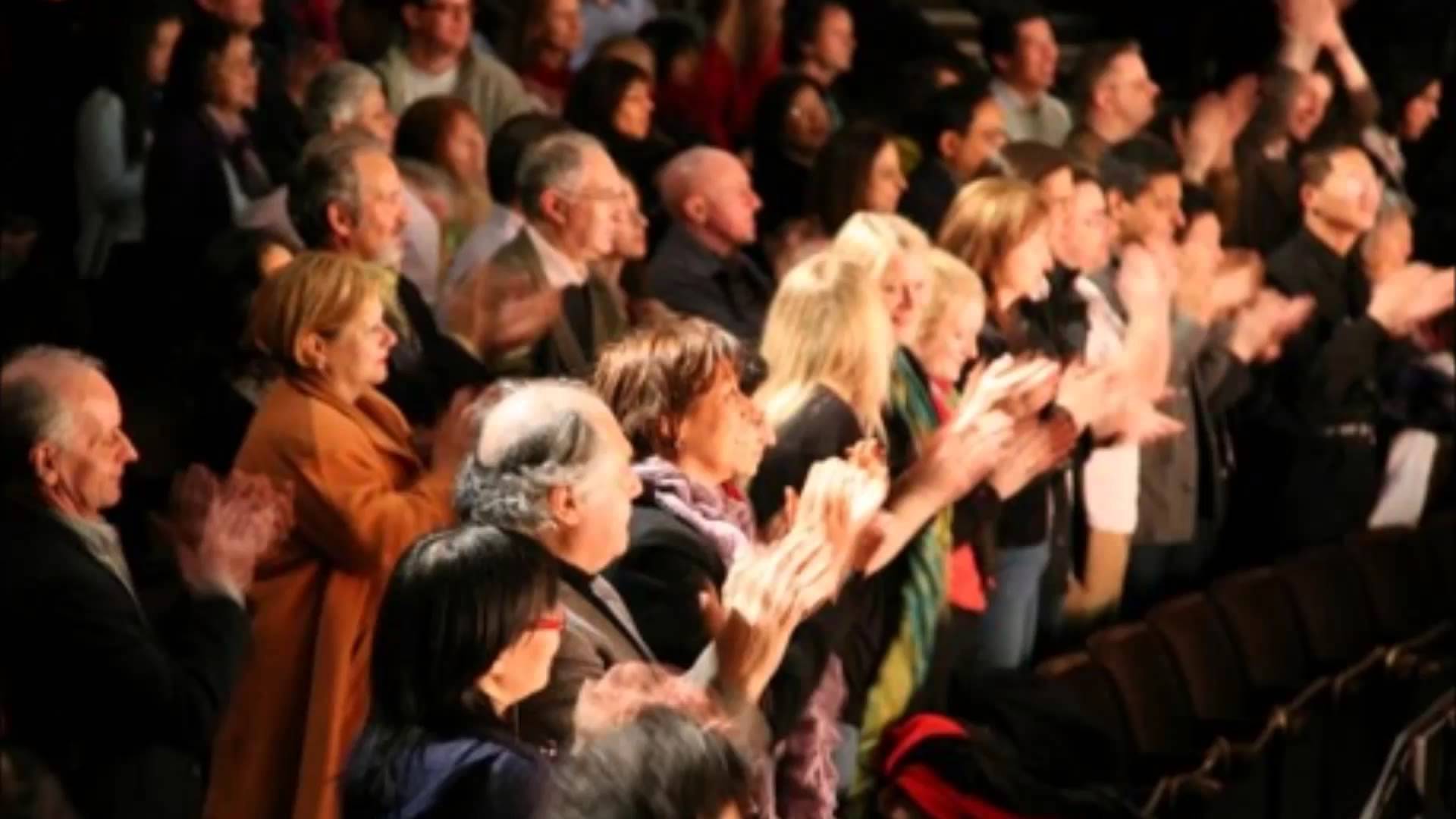Without the over-70s, music will die
mainAnna Hill has been collecting statistics for us on the role that over-70s play in organising and attending UK classical events. The over-70s are the group most at risk from Covid-19. Many have died already. Many more will not return to concerthalls for fear of contracting it.
Barbara Eifler of Making Music breaks down her subscription audience at UK concert societies:
– 64% 65 and over
– 21% 50-64
– 9% 35-49
– 3% 20-34
– 3% 19 or under
14% of members on average report a disability.
Performing groups (choirs, orchestras etc) are slightly younger but nonetheless their members’ average ages are also high:
– 38% 65 and over
– 33% 50-64
– 19% 35-49
– 8% 20-34
– 2% 19 or under
4% of their members on average report being disabled.
*
Peter Harrison of Greyshott Concerts:
Extended ‘lockdown’ for the ‘over 70s’ would have a devastating effect on Live Classical Music:
1 Grayshott Concerts, with an active mailing list of over 1000, stages 4-5 live orchestral and choral events every year and we judge that over 85% of concert-goers are aged 70+. They not only have the time and interest to attend events, but they also support the organisation’s success both financially (with donations and ticket sales) but also by serving as supporters, helpers, committee members, introducers, ambassadors etc etc. None of these tasks could take place effectively in lockdown. Within a few months we would have little option but to give up our activities which after a year or more would be extremely difficult to restart. One must also take account of the enormous effect of live music on the wellbeing and mental health of audiences. Some attendees may seldom get out and love the almost party atmosphere which events generate.
2 As volunteer music promoters, we provide employment for a wide range of music professionals including instrumentalists, singers, soloists, choirs, orchestras, conductors, actors and composers. Many of these artists depend on organisations like ours for their very living, without which they may be obliged to leave the profession altogether – and take a job in a supermarket. Every year we pay out up to £100,000 to performers so that they can continue to entertain us. Much of this expenditure comes from the pockets of our elderly supporters disposable income. If they are ’locked down’, our professionals don’t get paid.
3 Wherever we can, we feature promising young performers who need to ‘get on the ladder’ if they are to get on in the very tough world as a professional performer. No over 70s, no concerts, more ends of careers. Just imagine today’s concert halls if this had happened to Nicola Benedetti, Alison Balsom, Sheku Kanneh-Mason. Our over 70s are the future of live classical music.






Comments